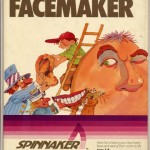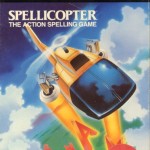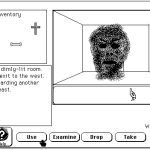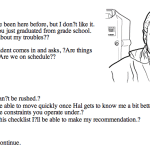I found a review of my book Engaging Learning, by Jon Alekson, who I don’t know. It’s a fair review; he gets what I’m trying to accomplish (making the learning experience more effective), but criticizes my writing as a bit heavy, and bemoans the lack of focus on graphics.
I’ll wear the first one, but remark that it’s remarkably light considering I was trained as an academic and rewarded for dense prose for many years. Besides, my editor praised my ‘warm tone’ :). Your mileage may vary.
As for the graphics, I’ll admit it doesn’t have as much as I’d like. On the other hand, you can actually play a couple of games mentioned in the book on the web (check out the ‘Examples’ here). I’m not a graphic designer, and had little to do in regards to the final appearance as they were done by professionals. And, on the pragmatic side, copyright permissions aren’t much fun.
I haven’t seen many reviews, so it was good to find this one.









